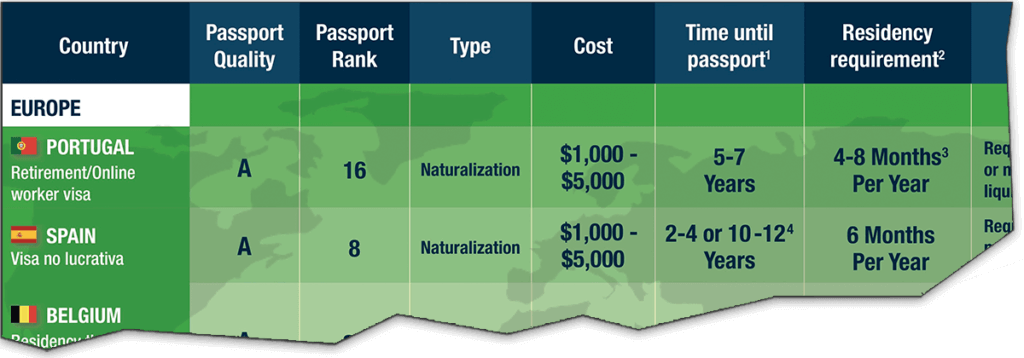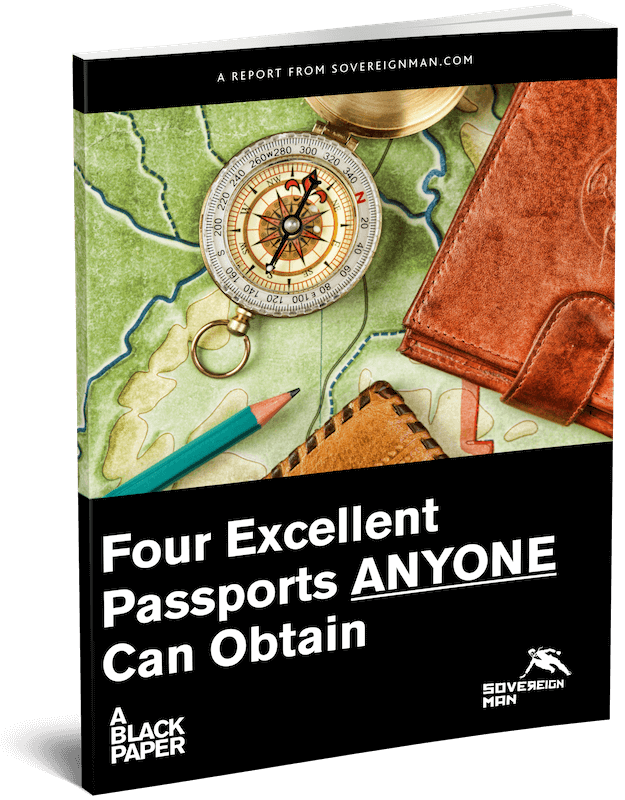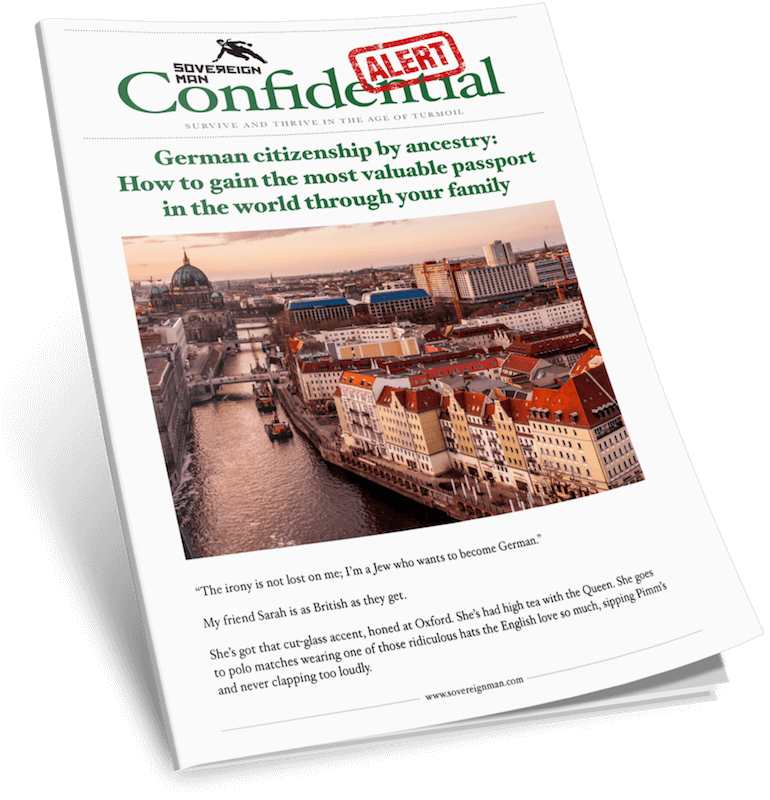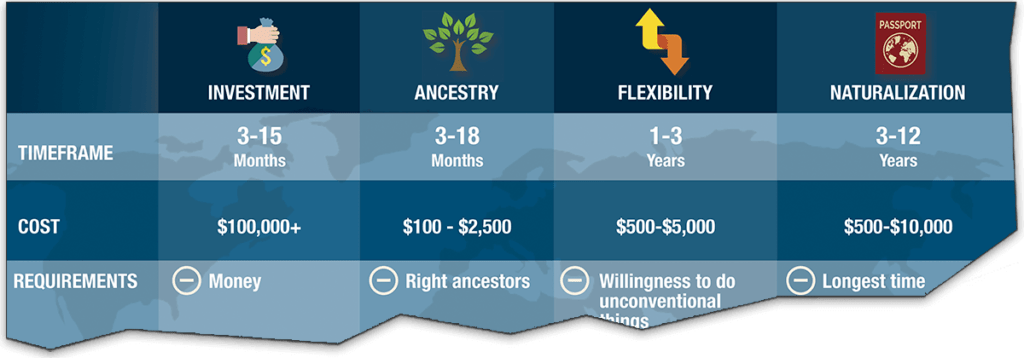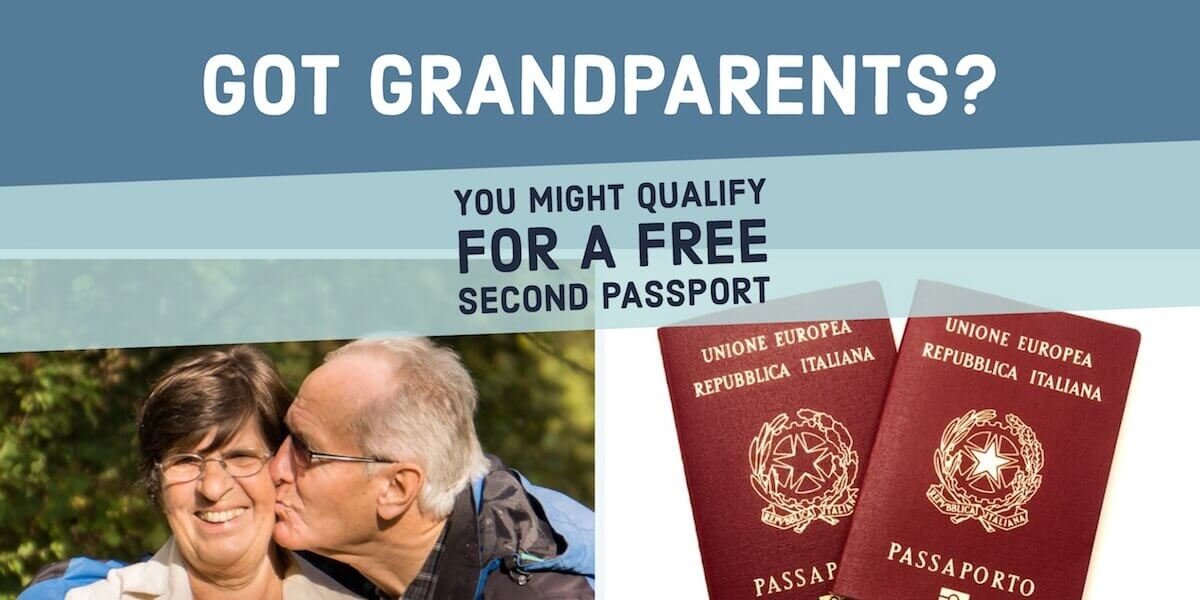Citizenship by descent is a form of birthright citizenship. It means that if you have ancestors (such as parents, grandparents, or even great-grandparents) from a country, you may be eligible to become a citizen of that country yourself.
This right is often referred to as jus sanguinis (Latin for “blood rights” or “law of the bloodline”).
This applies to Americans too. Even if you were born in the US and hold only American citizenship, you may be eligible for foreign citizenship by ancestry, depending on where your ancestors hailed from. This includes the right to dual citizenship and a second passport, which can give you more freedom than your current passport allows.
Citizenship through ancestry is particularly common in Europe, which means it is one of the easiest ways to acquire European citizenship and a European second passport.
European citizenship gives you the right to live, work and do business in all 28 European Union countries — like France, Spain, Germany, and Sweden.
There are a lot of benefits to acquiring citizenship in Europe. For example, if you’re not finding the right employment opportunities at home, you can broaden your search to European countries. And if you have children, they would get access to the European educational system, which is mostly free.
A second passport & dual citizenship also ensures that, no matter what happens next in your country, you always have another place to go, to live, work, do business, retire, and in some cases, even seek refuge.
That way, when things go bad, you can take yourself and your family out of harm’s way.
If you’re a US citizen, that’s likely why your ancestors first came to America.
And there may come a time when you decide that going back to the country of your ancestors is in your family’s best interest.
Ultimately, a second passport is all about giving you more options. And the more options you have, the more freedom you will experience.
